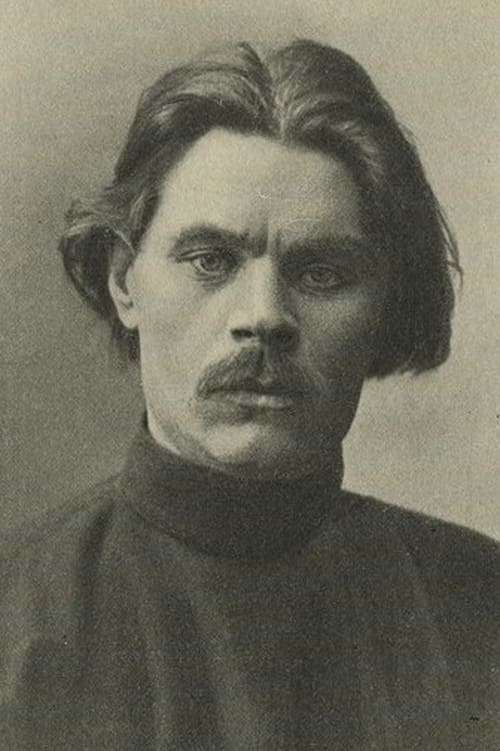
Maxim Gorky
Nascimento : 1869-03-28, Nizhny Novgorod, USSR
Morte : 1936-06-18
História
Alexei Maximovich Peshkov (1868–1936), popularly known as Maxim Gorky (Russian: Максим Горький), was a Russian writer and political activist. He was nominated five times for the Nobel Prize in Literature. Before his success as an author, he travelled widely across the Russian Empire changing jobs frequently, experiences which would later influence his writing.
Gorky's most famous works are a short story collection 'Sketches and Stories' (1899), plays 'The Philistines' (1901), 'The Lower Depths' (1902) and 'Children of the Sun' (1905), poem 'The Song of the Stormy Petrel' (1901), autobiographical trilogy 'My Childhood', 'In the World', 'My Universities' (1913–1923), and novel 'Mother' (1906). Though Gorky himself judged some of these works as failures, most are now seen as masterpieces.
Some of his less-known post-revolutionary works such as the cycles 'Fragments from My Diary' (1924) and 'Stories of 1922–1924' (1925), and novels 'The Artamonov Business' (1925) and 'The Life of Klim Samgin' (1925–1936), Gorky himself was more proud of; the latter is considered Gorky's masterpiece and sometimes being viewed by critics as a modernist work. Unlike his pre-revolutionary writings (known for their "anti-psychologism"), these differ with an ambivalent portrayal of the Russian Revolution and "unmodern interest to human psychology" (as noted by D. S. Mirsky).

Writer
The action of the famous play about the inhabitants of the flophouse has been transferred to our days. The heroes live in a landfill, look for something to sell in the mountains of garbage, steal and drink. One day, Luka appears at the dump, who tries to comfort these people who have sunk to the bottom of their lives.
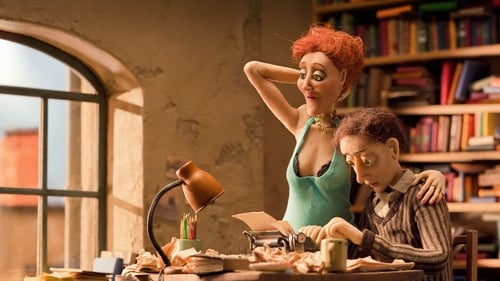
Story
Filip sonha em se tornar um escritor de sucesso e ter uma vida luxuosa, mas é constantemente perturbado por sua vizinha Tereza, uma prostituta que pede sua ajuda para escrever uma carta.

Novel
Karky works in a shipyard owned by Rajanayagam, a feudalistic industrialist who imprisons his workers in the factory compound and refuses to allow them to have any link with the outside world. How Karky unites the workers and leads them to freedom is what the movie is about.

Story

Original Story

Author
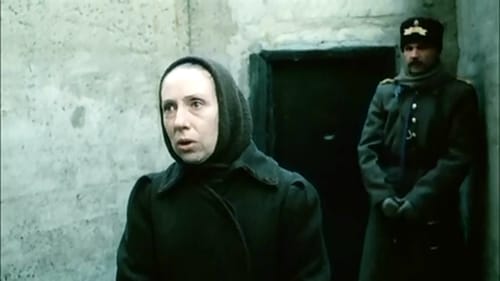
Novel
The social ferment in late 19th century Russia which led to the 1917 Russian Revolution is movingly portrayed in this lengthy historical drama, which is very faithful to the 1907 novel The Mother by the celebrated Marxist writer Maxim Gorky (1868-1936). In the story, "the mother" (Inna Tchourikova) has no other recourse than to watch her decent, kindly husband turn into an animalistic, drunken brute as a result of working in the inhuman conditions of a steel mill in the town of Sormovo. When he begins to express his suppressed rage by beating her, she is defended by her teenaged son Pavel (depicted Viktor Rakov as an adult, Sacha Chichonok as a boy). After his father's death, Pavel is forced to go to work in the same factory. However, Pavel and his friends begin investigating Marxism and socialist thought, and work to organize their fellow workers.

Writer
“Without the Sun” is the first name that Gorky himself gave to his play and which most closely matches its essence. For this work is not about the "day" and its people, but about the indestructible, passionate desire of people from darkness to light, to the sun. "
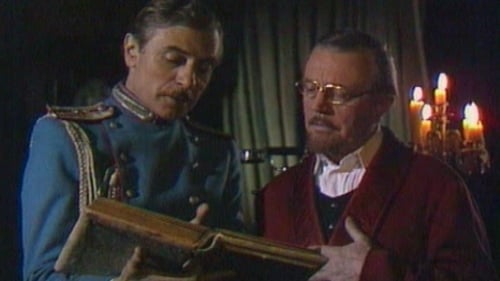
Novel

Theatre Play
A story from the life in the beginning of XX century based on the theater play by Maxim Gorky.

Original Story
Based on the story of the same name by Maxim Gorky.

Writer
Screen adaptation of the play by Maxim Gorky "Vassa Zheleznova".
Saga of the death of a merchant family. For many years, Vassa Zheleznova has been leading the family business and, despite the inconspicuous children, her dissolute husband, alcoholic brother, and revolutionary daughter-in-law, is trying to maintain at least the appearance of a normal family... 1913 is coming, and everything that was dedicated to her life is wrecked.

Writer
Drama based on the play of the same name by Maxim Gorky.

Novel
This colourful, music-filled and sensual melodrama based on early stories by Maxim Gorky tells the fatal love story between the beautiful and rebellious girl Rada and the handsome horse thief Zobar. The story is set in early 20th century Bessarabia, now part of Moldova, then belonging to the Austro-Hungarian Empire.

Writer
A group of people from the wealthy middle class in engage in quasi intellectual quarrels and discussions trying to find some meaning in their comfortable and indolent life. Adaptation of the play by Maxim Gorky.

Writer
This powerful drama about the social ferment that culminated in the 1917 Russian Revolution is set on an estate in provincial Russia in 1905. In a sun-dappled garden, some factory owners and their wives discuss the unrest among the workers. Rather than submit to a strike, they decide to close down the factory. When an owner is slain in a scuffle with a workman, the ensuing investigation uncovers the socialist fervor that is sweeping the countryside. The play goes beyond depicting class struggle by keenly examining the gulfs between youth and old age, vision and shortsightedness, and conservatism versus change.

Novel

Theatre Play
In the center of the film is a powerful, peculiar, talented Russian man, the largest timber merchant Yegor Bulychyov. He is experiencing a tragic discord with himself, with the world that surrounds him, with great social injustice, to which his whole life has been given. The idea of the film is to determine the purpose and meaning of the existence of the human person, consider its polysyllabic and versatile connections with the world.
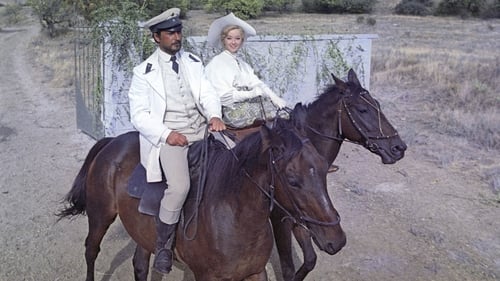
Theatre Play
Based on the unfinished play by Maxim Gorky "Yakov Bogomolov" about human dignity, that the main stimulus of life is creative work for the benefit of people.
Engineer Yakov Bogomolov is a "workaholic" man. He gives himself all to his work, is carried away by it so much that he does not notice what is happening around him. Young wife Olga is cheating on him, friends betray, companions do not understand and deceive...

Theatre Play

Theatre Play
A group of impoverished Russians living in a shelter near the Volga.

Story

Theatre Play

Story

Story

Short Story
A poetic melodramatic documentary inspired by the death of Jan Palach. The footage from the funeral is accompanied by the words of Maxim Gorky's Old Woman Izergil (On the Flaming Danek's Heart), sung by Kühn's mixed choir, solos by Milada Sýkorová and Jiří Němeček. The apotheosis of a leader who sacrificed himself to save his people, warning of the cowardice of the crowd.

Writer

Theatre Play

Writer
In the focus of the film is the fate of Varvara Basova, whose painfully soulless, philistine-gray existence, devoid of ideals and moral content. Relevant today, the picture sounds like a verdict to all who are mired in vulgarity, who have exchanged life for petty pleasures, profit, empty philosophizing.

Writer
A paint-on-glass animated film (one of the first of its kind) about a dying falcon and a stupid snake.

Original Story
Numa aldeia de pescadores, cresce a animosidade entre pai e filho, quando este passa a desejar a amante daquele. No meio da tensão, morre um colega de trabalho e um outro faz provocações sobre o dilema.

Short Story

Writer
Wassa Schelesnowa, a manipulative matriarch who will stop at nothing to keep her business afloat and her family together. Infanticide, forgery, murder, blackmail, adultery, exile, and plain old-fashioned greed are the order of the day as Wassa's colorful clan tries to scheme its way out of the house and into financial independence.

Theatre Play

Theatre Play

Novel
Foma Gordeyev, the son of a wealthy Volga merchant, doesn't want to continue his father's work. The mind is sickened by the dirt and injustice of life around him. Foma is seeking solace in a drunken rampage and wild antics.
After many years of desolation, he is half-ill at the opening of a night shelter built with his father’s money.

Writer
July-December 1917, the country is undergoing a revolution. "The pillars of society" are alarmed by the looming on them menacing events. Some of them are ready to fight with the revolution, others — among them industrialist Vasily Dostigaev trying to "adapt»

Theatre Play
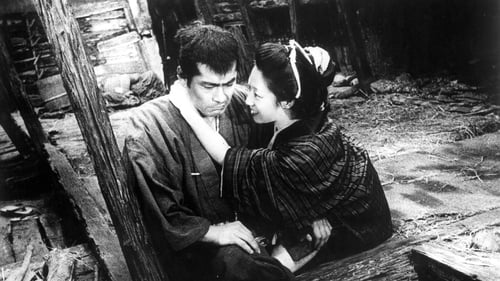
Theatre Play
Japão medieval. Em um cortiço degradado de Edo, um homem idoso (Rokubei) e sua amarga esposa (Osugi) alugam quartos e camas aos pobres e miseráveis. Os inquilinos são apostadores, prostitutas, pequenos ladrões e vagabundos bêbados, todos lutando para sobreviver. A chegada recente de Kahei, um homem idoso misterioso, afetuosamente chamado de vovô, dá pelo menos a esperança que há uma vida melhor lá fora, em algum lugar. (e 14 - Estimado 14 Anos)
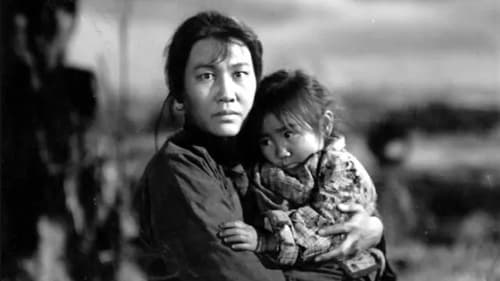
Novel
Based on the novel "Mother" by Maxim Gorky, about the hardships of a peasant laborer.

Novel
Timid old woman Pelageya Nilovna observes the revolutionary activities of her son Pavel Vlasov and gradually comes to realize that his cause is a great and noble one. She involves herself in the movement and finds joy and great courage in her new life as a revolutionary. Based on Gorky's novel, filmed in the silent era by Pudovkin.
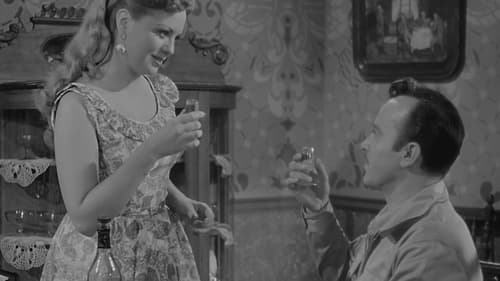
Story
Pablo, a wandering laborer, has imprisoned himself in a hell of alcoholism. Cruz, a widow, reaches out to the troubled man, but even her compassion may not be enough to save him.

Writer
The tragedy of a talented and strong woman who built the well-being of her family on blood and blood. And well-being turned out to be just as false and ghostly.

Writer
The monotonous life of a provincial town Verhopoli violates the arrival of the railway builders - engineers Cherkun and Tsyganov.

Novel

Writer
A group of impoverished Russians living in a shelter near the Volga.

Author
Different stories that take place in a women's accommodation.

Writer
Fabrikant, Ilya Artamonov of the former serfs. His desire to strengthen and develop the business knows no obstacles. He is still associated with the peasants and craftsmen, but with his death, this relationship ends. Between Peter Artamonov, his son, who became the owner of the factory, and the workers grows a wall of enmity. The first political speeches are brewing. On the side of the proletariat becomes the heir artemovskogo case Ilya Artamonov, Jr.
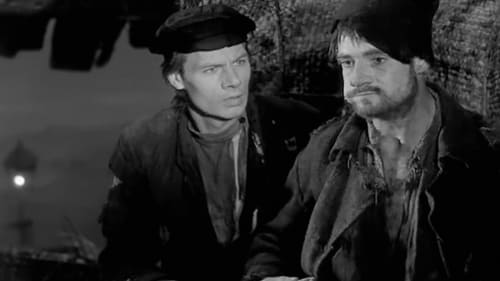
Book
My Universities (Moi universiteti) is the last installment of Russian director Mark Donskoy's "Maxim Gorki" trilogy. Having endured a painful youth in My Childhood and a torturous sojourn as a serf in My Apprenticeship, future writer Gorki reaches maturity with an insatiable desire for personal and artistic freedom. The "university" of the title is actual the school of Hard Knocks, as Gorky goes to work in the shipyards and commisserates with the hard-drinking, philosophical dockworkers.

Book
Second entry in Russian director Mark Donskoy's "Maxim Gorki" trilogy. Picking up where 1938's My Childhood left off, the story covers the years in Gorki's life when the future writer (Alexei Lyarsky) was on his own, looking for a purpose and place in life.

Book
Young Maxim grows up under the czarist regime with his grandparents as guardians. Continually demeaned by his martinet grandfather, Maxim is drawn to his warm-hearted grandmother, who instills in him the willingness to pursue his writing muse.

Author
The eve of the 1905 Russian revolution was unquiet at the Skrobotova and Bardin factory. In response to the fair demand of the workers to dismiss the cruel and rude master, the masters close the factory and call in the troops. They shoot of one of the workers, who failed to restrain a rush of hatred towards the owners, ending Skrobotov's life. Gendarmes arrive at the factory. They succeed in uncovering the social democratic organization in the factory. The arrested workers oppose hysterical cruelty of gendarmes with calm, confident courage.
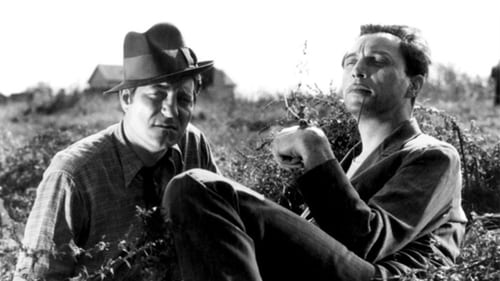
Writer
Inhabitants of a flophouse struggle to survive under the harsh treatment imposed by the landlord, Kostyleva. One resident, young thief Wasska Pepel, ends his affair with the landlord's wife, Vassilissa, and takes up with her sister, Natacha. Pepel also befriends the baron, a former nobleman fallen on hard times, but Pepel's attempts at happiness are complicated when he's accused of murder by a spiteful Vassilissa.

Screenplay
Pavel Petrov-Bytov was an enfant terrible of the highbrow Leningrad Sovkino film factory. He was notorious for his article “We Have No Soviet Filmmaking,” in which he criticized all the achievements of the Soviet avant-garde. In spite of his beliefs and his scandalous struggle with “bourgeois” and “formalist” filmmaking, Petrov-Bytov directed an aesthetically refined work, shot entirely on set with masterful chiaroscuro lighting: a perfect example of “Soviet expressionism.” Based on a Maxim Gorky story, the plot of Cain and Artem provides a wake-up call to the Russian people to overcome alcoholism and religious factionalism, as it spotlights the (many) drunken denizens of a typical village and their disregard for the Jewish shoemaker Cain.

Story
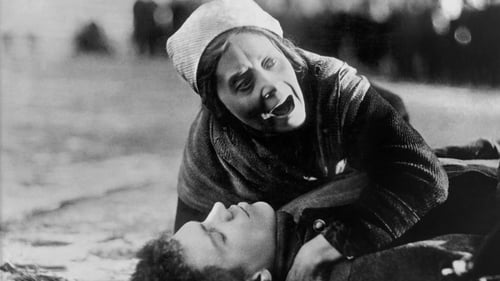
Novel
Na cidade operária de Sormovo, um ferreiro bêbado e fura-greves é morto acidentalmente por um militante, amigo de seu filho. A viúva, acreditando agir corretamente, ajuda os investigadores, porém, seu filho é preso e ela se arrepende profundamente. Com isso ela participa de uma manifestação revolucionária de solidariedade proletária.

Story
A symbolist portrait of two gypsies in love, this captivating film finds Dulac deconstructing onscreen gender roles and striving to achieve her idea of cinema as a “visual symphony,” emphasizing rhythmic editing over acting to achieve a “cinema of suggestion.”

Short Story
A symbolist portrait of two gypsies in love, this captivating film finds Dulac deconstructing onscreen gender roles and striving to achieve her idea of cinema as a “visual symphony,” emphasizing rhythmic editing over acting to achieve a “cinema of suggestion.”

Original Story
A small town boy dreams of being a famous fiddler; Meanwhile, two convicts escape from prison and hide in the woods.

Novel
Only fragments exist of this early version of Mat [Mother] by Aleksandr Razumnyj.

Screenplay




















